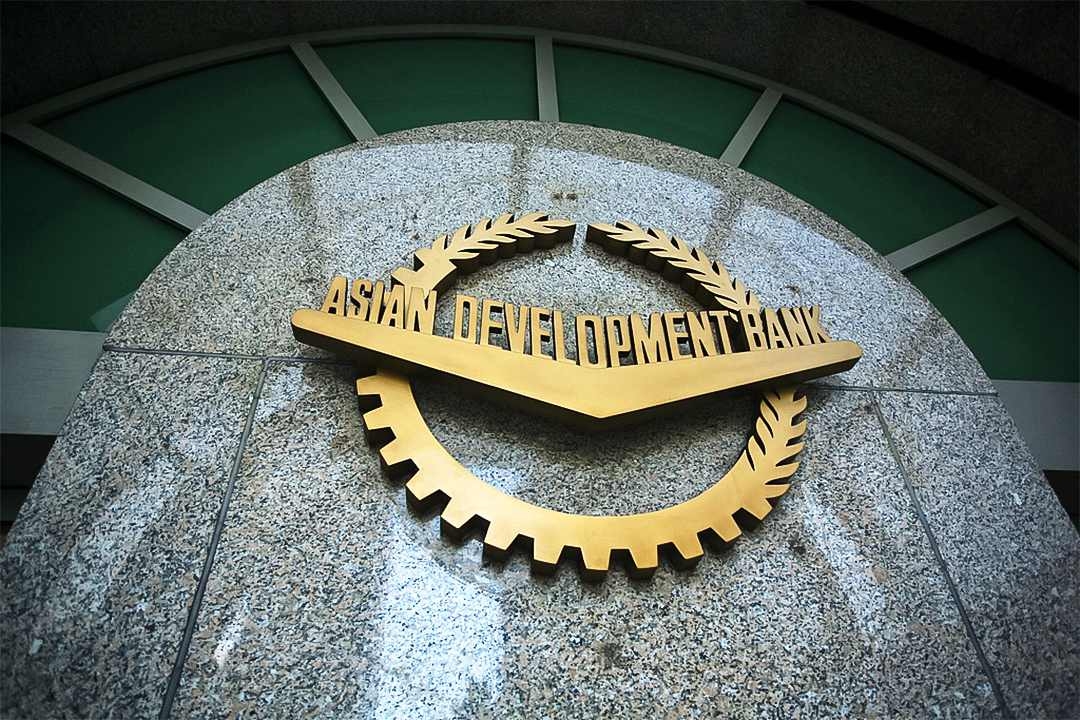Commentary: A New Green Partnership for China and International Financial Institutions
Listen to the full version


The relationship between China and international financial institutions (IFIs) like the Asian Development Bank (ADB) is rapidly evolving in line with efforts to accelerate progress on the climate agenda. While China continues to exercise its prerogative as a developing country to borrow from these institutions, reliance on borrowing has declined.
More importantly, the IFI lending program with China has shifted its orientation from broad-based development to focus largely on climate mitigation and adaptation, and leading environmental challenges like biodiversity preservation. For the ADB, which positions itself as the climate bank of Asia and the Pacific, a robust partnership with China is essential.

Download our app to receive breaking news alerts and read the news on the go.
Get our weekly free Must-Read newsletter.
- DIGEST HUB
- China’s engagement with international financial institutions has shifted focus to climate mitigation, adaptation, and environmental challenges.
- China’s significant renewable energy investments contrast with its high fossil fuel consumption, necessitating further efforts to decrease greenhouse gas emissions.
- Future collaborations between China and IFIs should include policy reforms, technological advancements, and innovative financial instruments to maximize climate finance and promote regional and global benefits.
The relationship between China and international financial institutions (IFIs) like the Asian Development Bank (ADB) has been evolving, particularly with a stronger emphasis on the climate agenda. While China still borrows from IFIs, its dependence on these loans has diminished over time. [para. 1]
The IFI lending program with China has increasingly focused on climate mitigation, adaptation, and addressing significant environmental challenges such as biodiversity preservation. This is crucial for the ADB, which positions itself as the climate bank of Asia and the Pacific. [para. 2]
The impact of IFI lending to China has been significant, bringing tangible development outcomes and an improved quality of life for its citizens. However, moving forward, it is essential to diversify beyond traditional lending programs to foster meaningful progress on the climate front. New modes of engagement are promising, emphasizing that benefits should extend to the regional and global levels and align with IFIs' new mandates supporting regional and global public goods. [para. 3]
Specifically, the ADB's partnership with China needs to deliver results across Asia and the Pacific, as the region is grappling with the dual challenge of securing development gains and meeting net-zero emissions commitments. Climate-related issues, such as the effects of heat stress and the rising frequency of natural disasters, further complicate this agenda. [para. 4]
Despite its leading economic position, China faces similar challenges and must transition its relationship with IFIs from that of a developing country client to a full partner in regional and global goals. [para. 5]
This partnership should be structured around two main objectives: accelerating domestic reductions in greenhouse gas emissions and collaborating on regional and global strategies for clean energy transitions and climate resilience. Effective partnerships should also promote knowledge transfer and technology adoption in developing nations. [para. 6]
Domestically, China has significantly invested in renewable energy, with 2023 investments in major projects surpassing 769.7 billion yuan ($108.5 billion), representing roughly 80% of its power generation investments. China dominates global production for key wind turbine components and photovoltaic products. [para. 7]
However, fossil fuels still account for about 70% of China's energy production, which is responsible for 35% of global greenhouse gas emissions. Significant emissions also emerge from the power, industry, transport, urban development, and agricultural sectors. [para. 8]
To reduce greenhouse gas emissions, collaboration with the ADB and other IFIs is crucial, necessitating early and synchronized interventions with the Chinese government across all levels and sectors. [para. 9]
IFIs play a catalytic role by supporting policy reforms, technological advancements, and innovative financial tools like green bonds. Strengthening local governments' capacity to manage climate initiatives, coupled with providing toolkits and methodologies for better local ownership, is vital. Moreover, maximizing climate finance while solidifying the role as a knowledge partner is essential. [para. 10]
China and IFIs should leverage China's progress on climate for regional and global benefits, including underfunded areas of climate resilience which demand regional solutions. The partnership, such as the ADB's initiative with China for migratory birdlife protection, underscores the commitment to regional ecological issues. [para. 11]
Addressing debt constraints in developing countries to enhance climate investments, including mechanisms like debt-for-climate swaps, is another promising collaboration area. [para. 12]
Overall, the partnership between China and IFIs, especially the ADB, must evolve to set a high standard and serve as a model for upper-middle-income countries across Asia and the Pacific in achieving development and climate goals. Future engagement must not be about simple continuity but strive for transformational outcomes. [para. 13]
Scott Morris, vice-president for Southeast and East Asia and the Pacific at the Asian Development Bank, emphasizes this evolving partnership at the East Asia Forum hosted by the ADB in Beijing on September 19. [para. 14]
- Asian Development Bank
- The Asian Development Bank (ADB) positions itself as the climate bank of Asia and the Pacific. It partners with China and other countries to advance climate mitigation, adaptation, and environmental goals. The ADB aims to support regional and global public goods, promote technological advancements, policy reforms, and innovative financial instruments like green bonds, and enhance local government capacities in climate initiatives. Scott Morris, ADB's vice-president, will speak at the East Asia Forum in Beijing on Sept. 19.
- 2023:
- Investment in major renewable energy projects in China exceeded 769.7 billion yuan ($108.5 billion), accounting for about 80% of its power generation project investments.
- By Sept. 19, 2024:
- Scott Morris will be speaking at the East Asia Forum hosted by the ADB in Beijing.
- PODCAST
- MOST POPULAR





 Sign in with Google
Sign in with Google
 Sign in with Facebook
Sign in with Facebook
 Sign in with 财新
Sign in with 财新